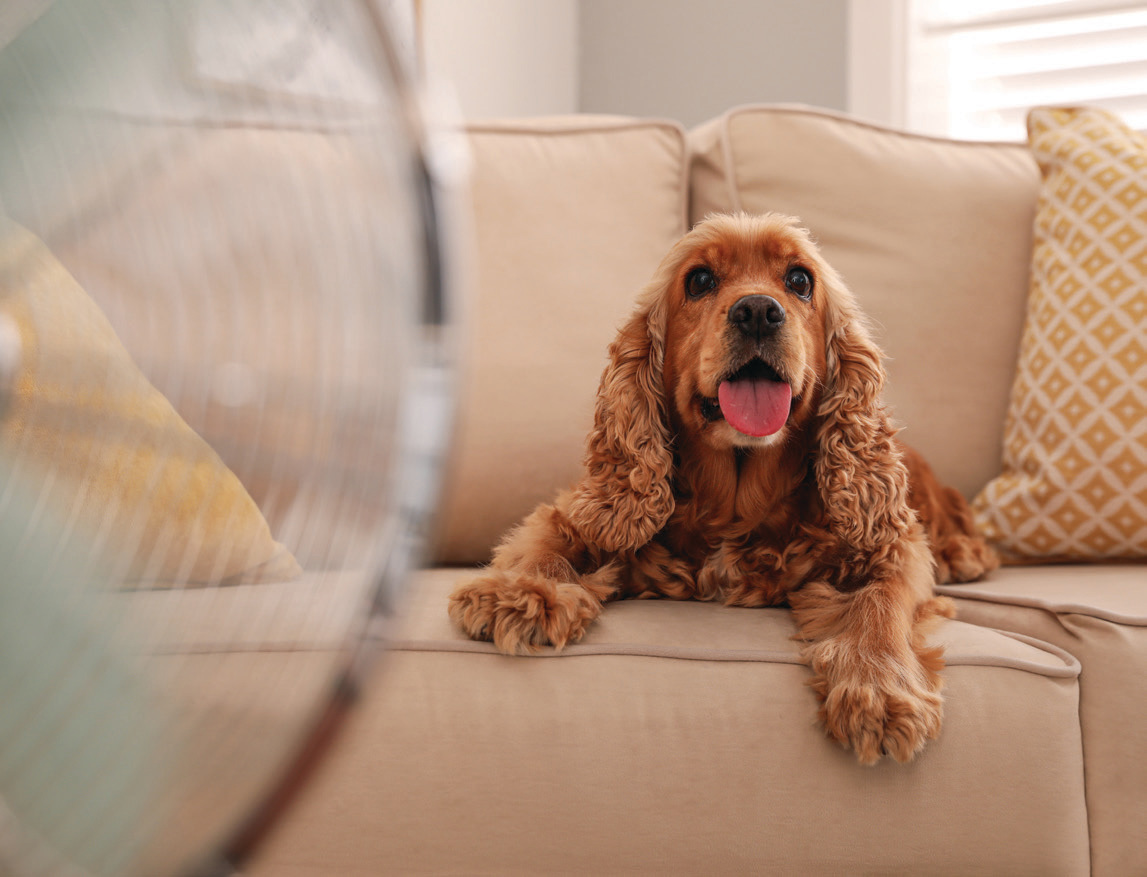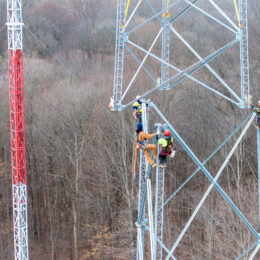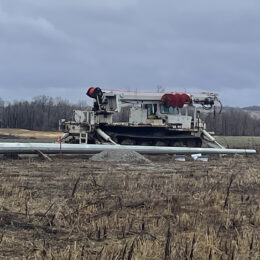
For most members, cooling and heating are the two most significant causes of high energy use. While you have choices other than electricity for heating, electricity is the source for cooling. When you look at your electric bill this summer, you can be sure the cooling costs will drive up your bill.
What can you do to keep your summer bills under control?
Your temperature setting has an enormous effect. If you have central air conditioning, set your thermostat in the 75–78 degrees range, if possible. You’ll save about 2 percent on your utility bill for every degree you raise the set temperature.
Also, make sure routine maintenance is performed on your air conditioner.
If your air conditioner is getting older, you may want to consider replacing it with a more efficient one.
Be sure to size your air conditioner appropriately. While we usually think “bigger is better,” that is not the case with an air conditioner. An oversized central AC will cycle on and off too often, wasting energy and impeding its ability to control humidity.
Also, consider a unit with a high SEER (seasonal energy efficiency ratio) rating. The higher the SEER, the more efficient the air conditioner.
Here are some other ideas to reduce your summer bill:
- Install drapes, curtains, shades, awnings, or window films on your south and west-facing windows to block the sun’s rays.
- Seal air leaks around your home.
- Check air ducts for leaks. This will reduce energy use and increase your comfort.
- Replace furnace filters. Dirty air filters will block airflow and increase energy costs.
- Use the bathroom exhaust fans sparingly. In just one hour, they can remove a houseful of cooled air.
- Use fans to supplement room or central air conditioning. They do not lower air temperatures, but the breeze they produce makes it feel cooler. Fans use much less electricity than air conditioners.
- Televisions, computers, and appliances use electricity and generate heat. Keep them turned off when they are not needed.



